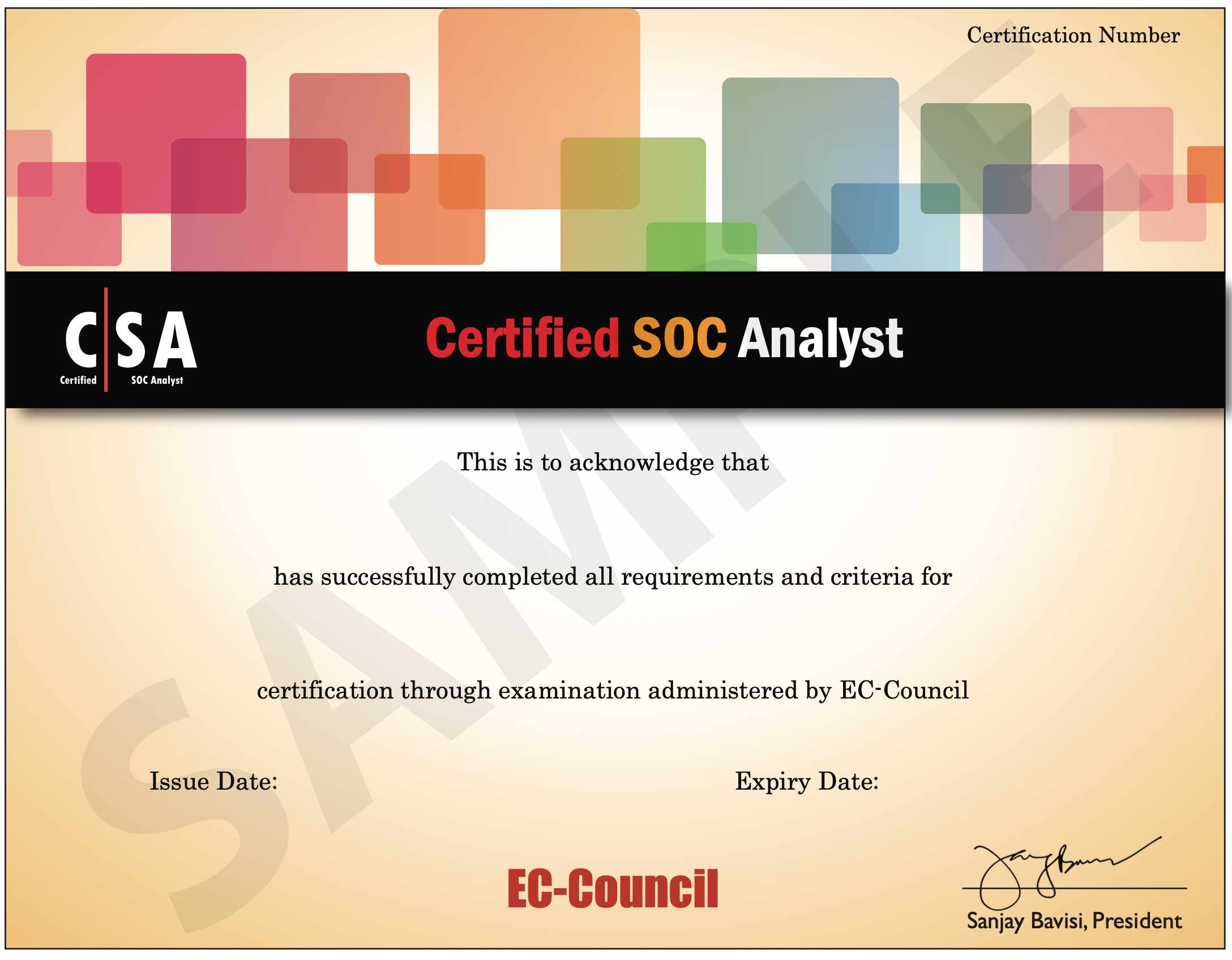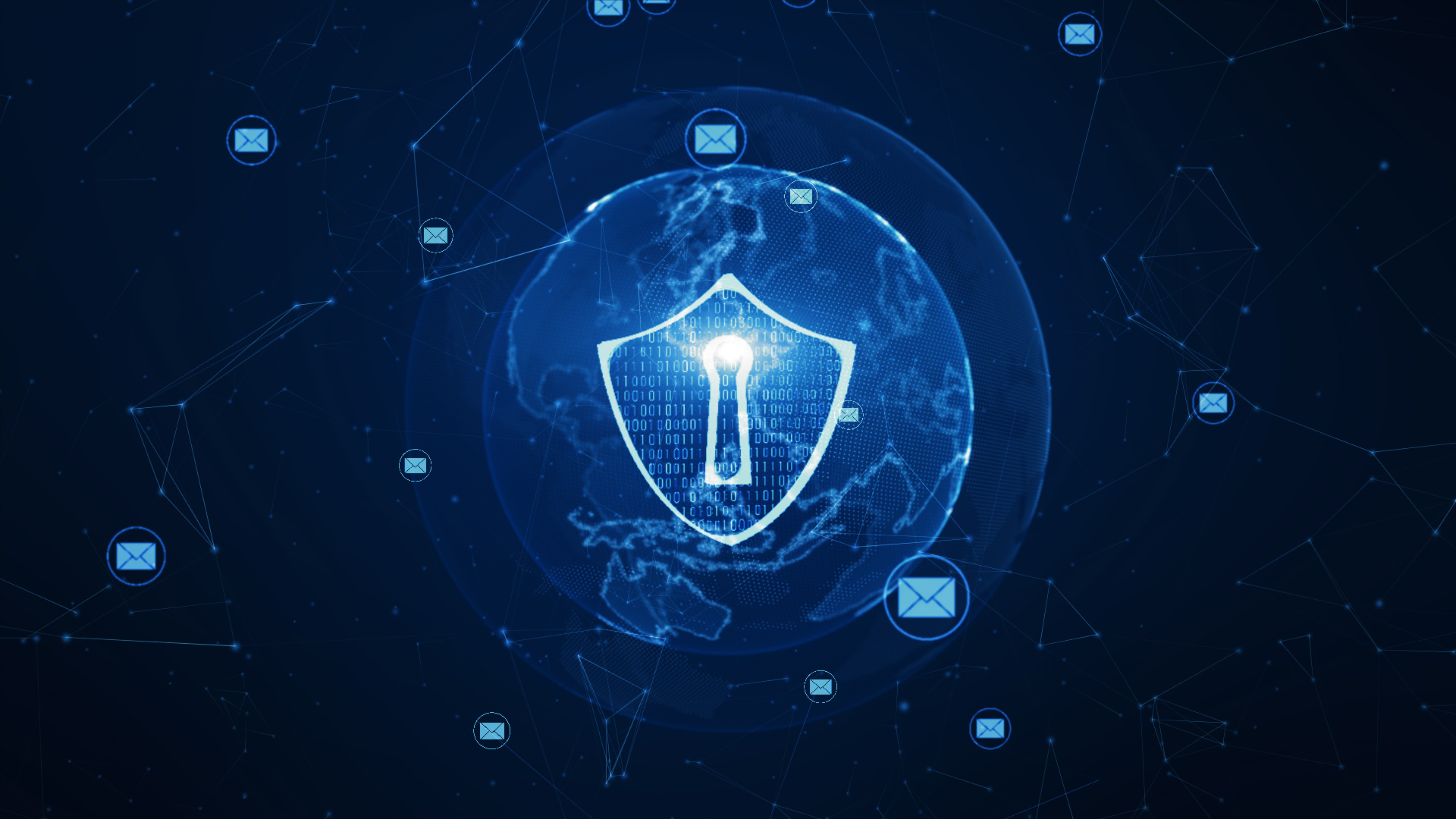Certified Cybersecurity Technician (CCT)
Course Overview

The C|CT is an entry-level cybersecurity program engineered by EC-Council, the creator of the Certified Ethical Hacker (C|EH) certification, to address the global need and demand for cybersecurity technicians with strong foundational skills.
Establishing this strong technical foundation in cybersecurity lays the groundwork for a future career in a variety of existing IT roles. The knowledge and skills gained through the C|CT can create pathways for further specialization in many cybersecurity domains, including ethical hacking, penetration testing, digital forensics, and application security.
EC-Council has developed the C|CT to provide individuals starting their careers in IT and cybersecurity with a certification that validates their practical technician-level skills
Learning Outcomes
The C|CT provides the foundational skills essential for starting a career in cybersecurity, focusing on four disciplines: network defense, ethical hacking, digital forensics, and security operations.
The C|CT certification provides total foundational cybersecurity domain coverage with key concepts in each domain combined with practical hands-on labs and critical thinking challenges producing world-class cyber security technologists.
Other popular programs rely on simulation and interactivity as practical-based assessment, the C|CT program is delivered on a live Cyber Range utilizing live targets and real attack systems for a truly immersive, real-life practice and assessment platform.
The C|CT certification offers capture the flag (CTF) style critical thinking challenges to accompany each lab exercise putting knowledge into practice and providing a proven record of skill demonstration. Candidates completing the C|CT program will earn the C|CT certification and have a proven track record of performing the tasks required in a live Cyber Range, proving to employers their ability to perform critical job duties.
The course outline of the C|CT program goes above and beyond some of the more common entry-level cybersecurity programs, such as the Security+, in a completely hands-on cyber range environment instead of simulations to ensure cybersecurity skills development. We believe that candidates who successfully attain the C|CT certification will attain other leading cybersecurity certifications, including Security+, without further training
The Despite the unique design of the heavily hands-on course and its uses of real-world cyber range capability, the certification is one of the most affordable in the world!
Exam Information
Delivery Modes
Instructor-led training
- iWeek (synchronous online learning)
- iLearn (asynchronous online learning)
- CodeRed (asynchronous online learning)
Course Content & Modules
Information Security Threats And Vulnerabilities
Understand various cybersecurity threats, vulnerabilities, and attack vectors that can compromise information security systems.
Information Security Attacks
Learn about different types of cyber attacks including malware, phishing, social engineering, and advanced persistent threats.
TNetwork Security Fundamentals.
Master fundamental network security concepts including protocols, network architecture, and basic security principles.
Identification, Authentication, and Authorization.
Implement identity and access management systems including multi-factor authentication, single sign-on, and role-based access control.
Network Security Controls: Administrative Controls.
Develop administrative security controls including policies, procedures, security awareness training, and governance frameworks.
Network Security Controls: Physical Controls.
Implement physical security measures including access controls, environmental monitoring, and facility protection strategies.
Network Security Controls: Technical Controls.
Deploy technical security controls including firewalls, intrusion detection systems, antivirus software, and security appliances.
Network Security Assessment Techniques and Tools.
Learn vulnerability assessment techniques, penetration testing tools, and security scanning methodologies for network evaluation.
Application Security.
Secure applications through secure coding practices, application security testing, and web application firewall implementation.
Virtualization and Cloud Computing.
Understand virtualization security, cloud computing models, and implement security controls for virtual and cloud environments.
Wireless Network Security.
Secure wireless networks through encryption protocols, access point security, and wireless intrusion detection systems.
Mobile Device Security
Implement mobile device security through MDM solutions, app security, device encryption, and mobile threat protection.
Internet of Things (IoT) and Operational Technology (OT) Security
Secure IoT devices and OT systems through network segmentation, device authentication, and industrial security protocols.
Cryptography
Master cryptographic concepts including symmetric/asymmetric encryption, digital signatures, PKI, and cryptographic protocols.
Data Security
Protect sensitive data through encryption, data classification, backup strategies, and data loss prevention techniques.
Network Troubleshooting
Develop troubleshooting skills for network connectivity issues, performance problems, and security-related network failures.
Network Traffic Monitoring
Monitor network traffic patterns, analyze network behavior, and detect anomalies using network monitoring tools and techniques.
Network Log Monitoring and Analysis
Implement centralized logging systems, analyze log data for security events, and use SIEM tools for threat detection.
TIncident Response.
Develop incident response procedures, containment strategies, and recovery processes for cybersecurity incidents.
Computer Forensics
Learn digital forensics techniques, evidence collection, chain of custody, and forensic analysis tools and methodologies.
Business Continuity and Disaster Recovery
Plan and implement business continuity strategies, disaster recovery procedures, and backup/recovery solutions.
Risk Management
Assess cybersecurity risks, develop risk mitigation strategies, and implement comprehensive risk management frameworks.
Earn Your Industry-Recognized Certificate
Upon successfully passing the examination for this course, participants will be awarded a certificate, an example of which is shown below.



